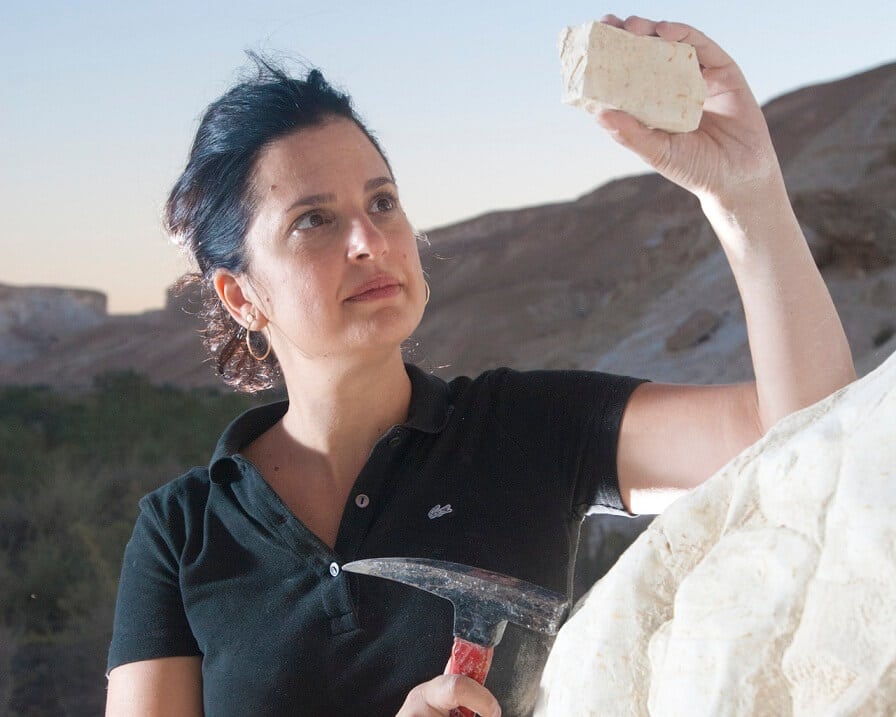The research deals with the effects of climate change on the oceanographic conditions in the coastal environment and aims to test the effect of sea warming on foraminifera, which are single-celled marine creatures, skeleton builders

A research proposal in the field of oceanography, led by Dr. Sigal Abramovich from the Department of Geological and Environmental Sciences at Ben-Gurion University of the Negev, together with Dr. Ahuva Almogi from the Geological Institute, Prof. Barak Hirot from the Sea and Lake Research Institute in Haifa and Prof. Michael Kochera from the University of Bremen , Germany, was recently awarded funding in the amount of half a million euros for three years on behalf of the Ministry of Science and Technology in Israel, together with the German Ministry of Science (BMBF-MOST).
The research deals with the effects of climate change on the oceanographic conditions in the coastal environment and aims to test the effect of sea warming on foraminifera, which are single-celled marine creatures, skeleton builders. The foraminifera are very common in a variety of marine environments and are known for their high sensitivity to environmental change and are therefore an effective and important tool for monitoring the marine environment and for oceanographic studies in general.
In recent decades, social and scientific awareness of the phenomenon of global warming has increased greatly. The accepted scientific forecast predicts that in the coming decades the temperature of the oceans will rise at a rate of 0.2 degrees Celsius per decade. Climate models and field observations indicate an increase in temperatures in the Mediterranean, as part of the same trend. During the last forty-four years, an increase of 1.28 degrees Celsius was measured in the Mediterranean Sea, most of it from the 80s. The rate of warming in the Mediterranean Sea is currently estimated at 0.067 degrees Celsius per year, almost double the global forecast.
Water temperature is an important factor that affects the metabolism of many creatures. It dictates the rate of biochemical reactions such as protein synthesis, and therefore affects the state of the organism as a whole, and the rate of its growth and reproduction.
In the present study, the brown spot in front of the Hadera coast, created as a result of the operation of the power plant, will be used as a model for predicting the results of the future warming process. The brown spot creates a temperature gradient in the water of up to 10 degrees more than the conditions of the natural environment, along the coast in the area. The research will include ecological characterization of the foraminifera collections, temperature manipulation experiments in the laboratory and genetic characterization of the species. The research will make it possible to characterize the reaction of marine organisms to the warming phenomenon and will contribute to the understanding of the survival mechanisms of species in heat stress situations and the prediction of which species will be able to survive in the future of warmer oceans.

2 תגובות
The idea behind the research method is a beautiful idea.